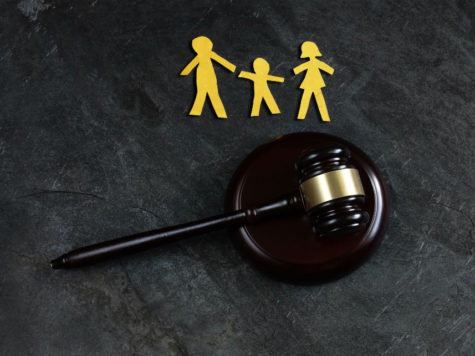What Is A CASA? CASA stands for Court Appointed Special Advocate and is a national program dedicated to serving children in foster care. CASA volunteers are folks in the community who see a need and choose to step up and do something about it. They devote their time, energy and insight in assisting foster children.
A CASA’s sole purpose is to be a voice for the child. They will visit children in their placements, communicate with team members and biological families, attend meetings, and report to the courts regarding how the child is doing as well as their opinion with respect to the case. CASAs are also mandated reporters.
To become a CASA volunteer, one must attend a required 30-hour training regarding the foster care system, child abuse and neglect, legal issues, as well as other variables that come into play when working within the foster care system. In order to become a CASA, one must be at least 21-years-old, participate in an interview, provide references, and complete necessary background checks.
The volunteers are asked to make a commitment of at least two years, but some cases may last longer than that. This is an important aspect because of the need for foster children to have stability in relationships. It is also important due to possible turnover of case management and juvenile court officials. Having someone who has been a party to the case from the very beginning is so incredibly vital.
CASA volunteers are supported by CASA staff members. They can access various resources and attend training that will enhance their abilities to serve children as best as they can.
So, why are CASAs important?
- They can serve as a liaison between the child and team members. A child/youth may not feel comfortable asking tough questions to a case manager, attorney, foster parent or biological parent, but he/she may confide in a CASA.
- CASAs can observe things that others may miss. Example from a real case: A CASA volunteer observed that a relative was allowing the child to be around the perpetrator of abuse against the child. The relative denied it with the team but did not hide it from the CASA. The CASA volunteer reported this to the court immediately.
- CASA volunteers are members of our communities. Through their volunteerism, they learn a great deal about the needs and issues facing foster children, the child welfare system and others affected by child abuse and neglect. Through their knowledge, they become advocates.
- For complicated cases (and there are many), having an extra voice, who is just there for the child, is crucial. A CASA can bring up issues that others may not feel they are allowed to bring up.
CASA volunteers serve an important role in our communities. They are every day, ordinary people who have decided to step right into the world of a child who may have experienced abuse and neglect. They are not paid for their service but do so out of the desire to make a difference in the lives of children who desperately need it.





